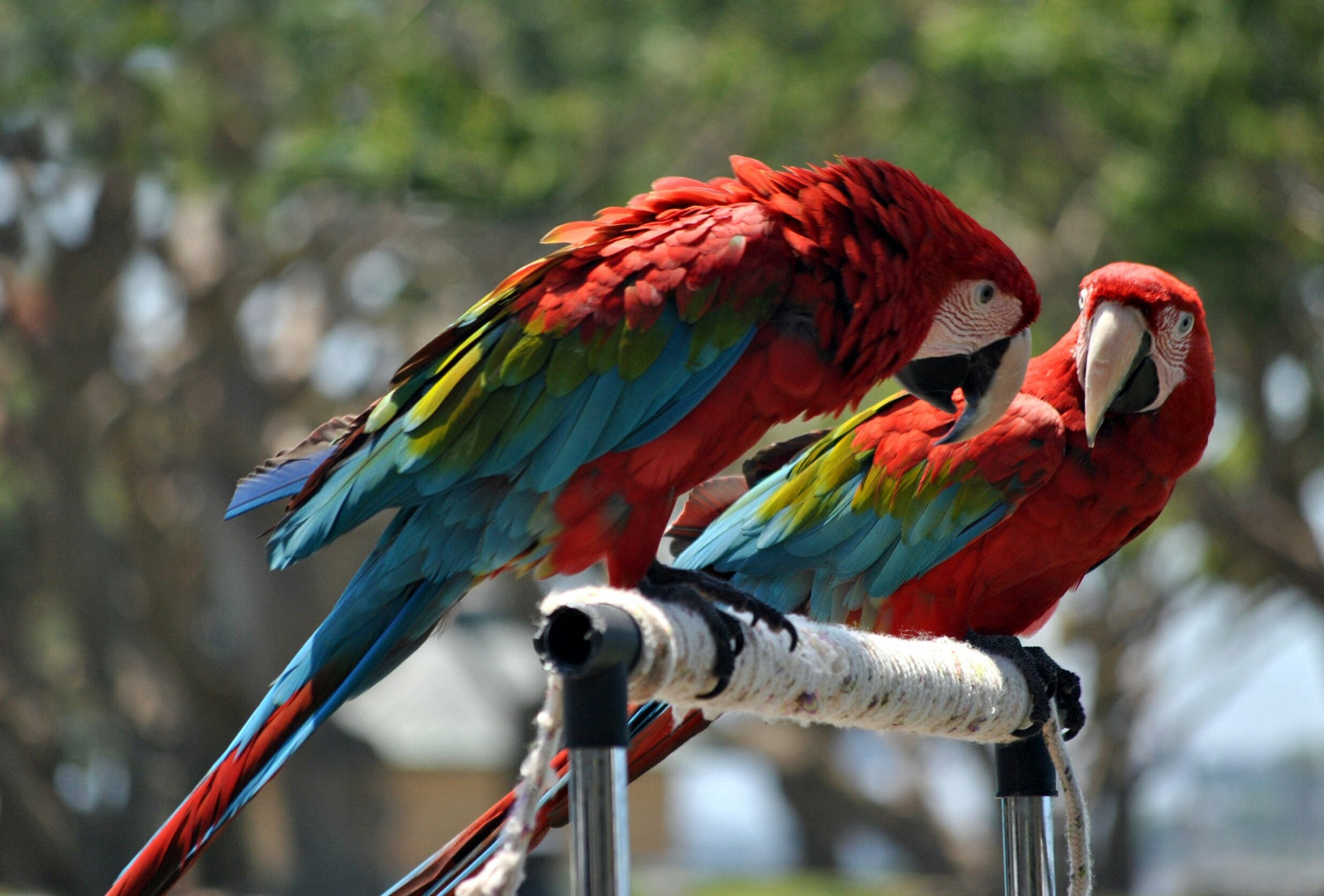The Importance of Regular Worming for Birds: Everything You Need to Know
As bird owners, we want to ensure the health and wellbeing of our feathered friends. One aspect of their health that should not be overlooked is regular worming. Worms can be a serious problem for birds and can even lead to death if left untreated. In this article, we will discuss the importance of regular worming for birds, signs your bird may have worms, and how to treat and prevent worm infestations.
Why Regular Worming is Important for Birds
Just like dogs, cats, and even humans, birds can come in contact with some pretty nasty stuff. Worms are a common parasite that can affect birds and cause serious health problems. Worm infestations can lead to weight loss, diarrhea, feather plucking, a sickly appearance, and even death.
Even if you only own one bird, it is important to treat it for worms. Worm eggs can lay dormant for months or even years, and birds can get worms from new perches, natural foraging toys, new cage mates, and even their owners. Regular worming will ensure your birds stay healthy and parasite-free.
Signs Your Bird Has Worms
It is not always obvious when a bird has worms, but there are some signs to look out for. Here are some symptoms of worm infestations in birds:
Worms in droppings or hanging from the cloaca (bum)
Diarrhea
Weight loss
Feather plucking
Sick looking appearance
Young infested birds will cry excessively and never gain weight
If you notice any of these symptoms in your bird, it is important to seek veterinary advice and consider worming your bird.
How to Treat and Prevent Worm Infestations
Prevention is better than a cure when it comes to worm infestations. Regular worming is the best way to prevent worms from taking hold in your bird's system. We recommend using Vetafarm Wormout Gel every three months. This treatment is effective against Thread Worm, Tapeworm, Roundworm, Caecal Worm, and Hook Worm.
When worming your bird, it is important to follow the directions carefully. Mixing an incorrect dose could harm your bird, and if the mixture is too weak, it will not kill the worms. Here are some other important things to remember when worming your bird:
- Don't treat in extreme weather events like very hot days or rainy weather. If it's raining, birds will drink water from the wire instead of the treatment.
- Ensure the worming treatment is their only source of water.
- Do not feed any fruit or vegetables during the treatment period. Most fruits and vegetables contain a lot of water, and birds may eat these and not drink the treatment.
- Most treatments last two days. Make a fresh batch every day.
- Don't treat birds that have chicks. Ensure all birds are wormed before the start of the breeding season.
- Check the expiry dates. Pick the bottle with the longest expiration date, as treatments are usually 3 months apart, and you need it to last.
FAQs
How often should I worm my bird?
We recommend worming your bird every three months to ensure they stay healthy and parasite-free.
Can birds get worms from their owners?
Yes, birds can get worms from their owners. It is important to practice good hygiene when handling your bird, and to wash your hands before and after handling them.
Can I use a different worming treatment for my bird?
There are several worming treatments available for birds, but we recommend using Vetafarm Wormout Gel. Always follow the instructions carefully and seek veterinary advice if you are unsure.
Can I feed my bird fruits and vegetables during the treatment period?
No, it is best to avoid feeding your bird fruits and vegetables during the treatment period, as most of them contain a lot of water and birds may eat these and not drink the worming treatment.
What should I do if I notice symptoms of worm infestations in my bird?
If you notice any symptoms of worm infestations in your bird, it is important to seek veterinary advice and consider worming your bird. Prevention is key, so regular worming is recommended to keep your bird healthy and parasite-free.

